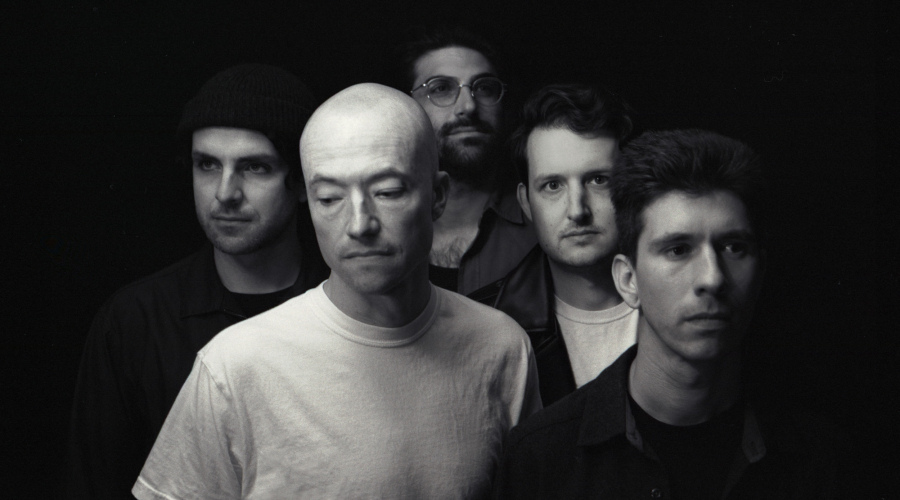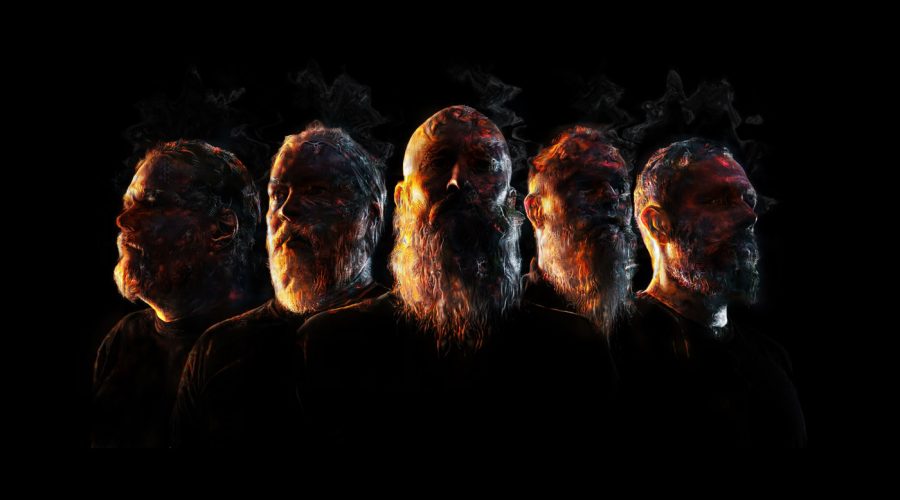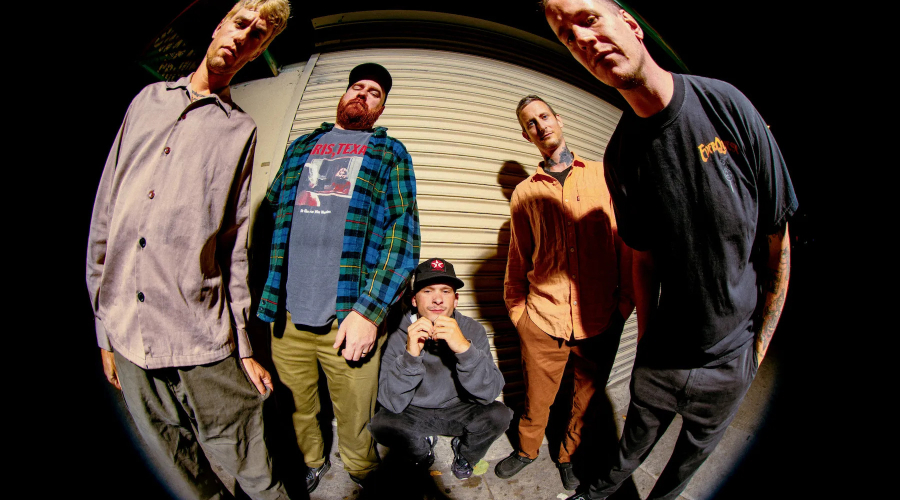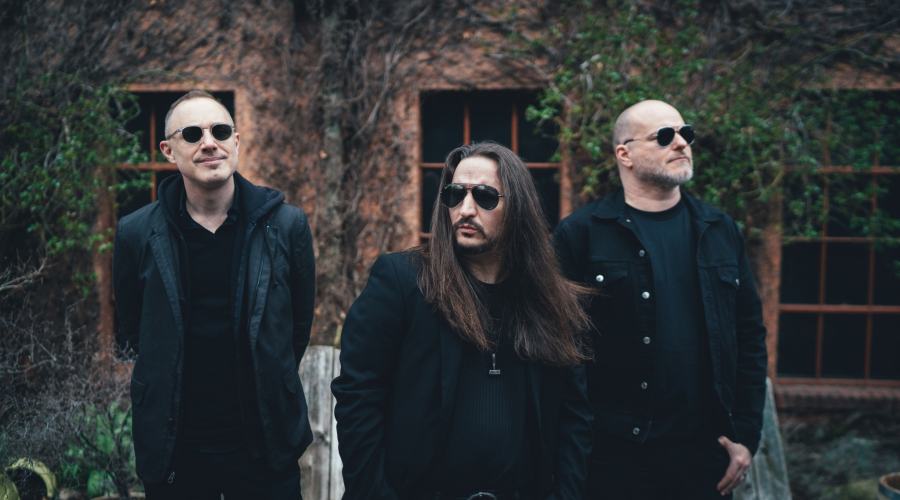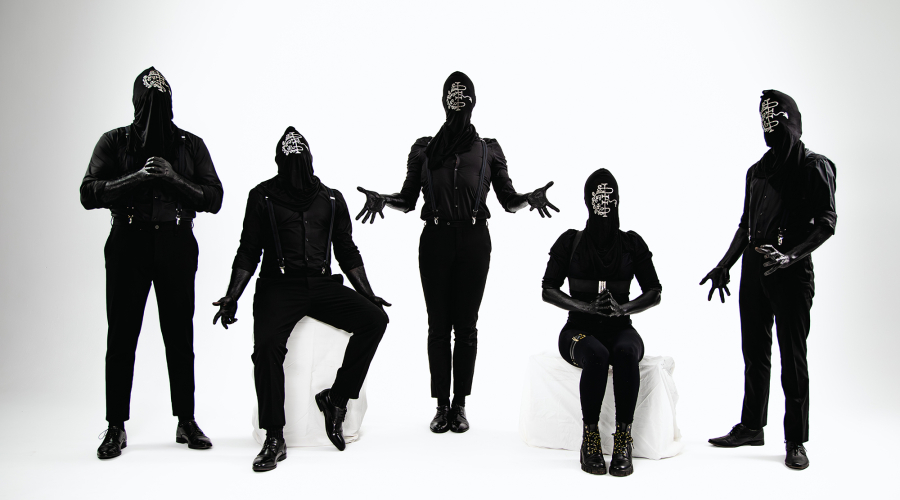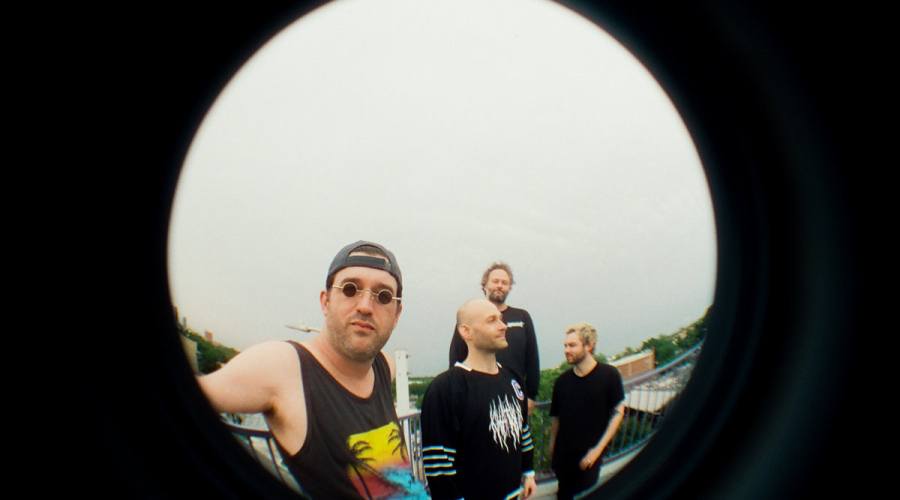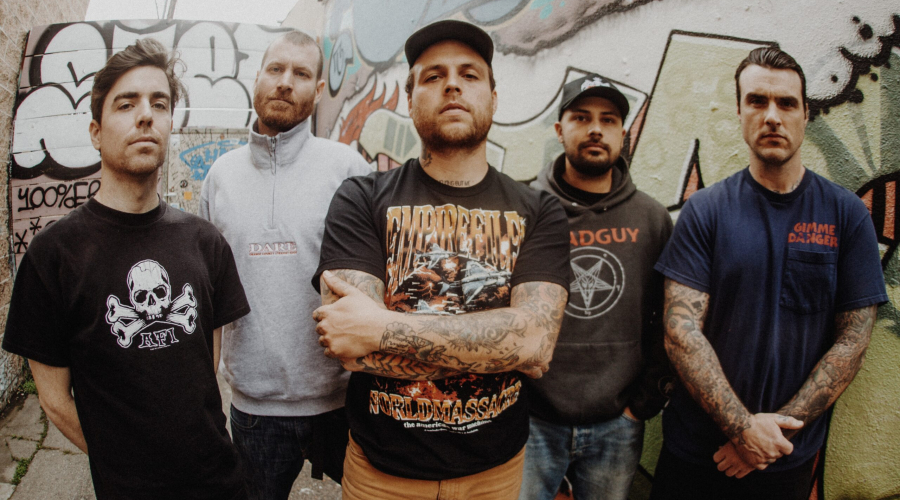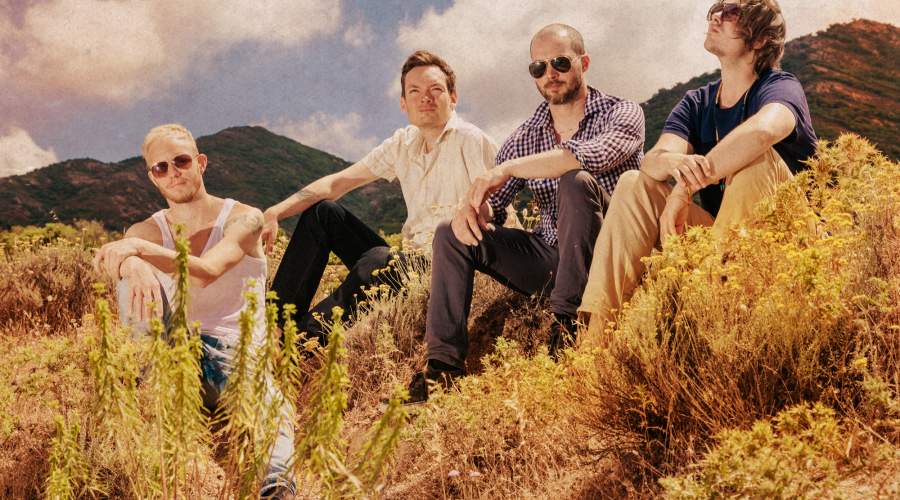Touché Amoré have announced a new record, "Spiral In A Straight Line", which will be released on October 11th via Rise Records.
Terror, Nasty, Combust and Fighter are the first names confirmed for the inaugural edition of 2 The Core.
Meshuggah, Hatebreed, Textures, Wolfbrigade and Midnight are some of the first names announced for the inaugural edition of South of Heaven Festival.
Drug Church announce new record, "Prude", which will be released on October 4th via Pure Noise Records.
Agalloch, Ulcerate, Spirit Possession and The Great Old Ones are some of the first names announced for Fortress Festival 2025.
Gaerea have announced their fourth record, "Coma", which will be released on October 25th via Season of Mist.
Chat Pile have announced a new record, "Cool World", which will be released on October 11th via The Flenser.
Next Winter, Stick To Your Guns will be making their return to Europe for a 24-date tour. Special guests for the tour will be announced at a later date.
A Place To Bury Strangers have announced their seventh record, "Synthesizer", which will be released on October 4th via Dedstrange.
Causa Sui, Enola Gay, Madmess and BØW are some of the names that complete the lineup of this year's edition of SonicBlast.


